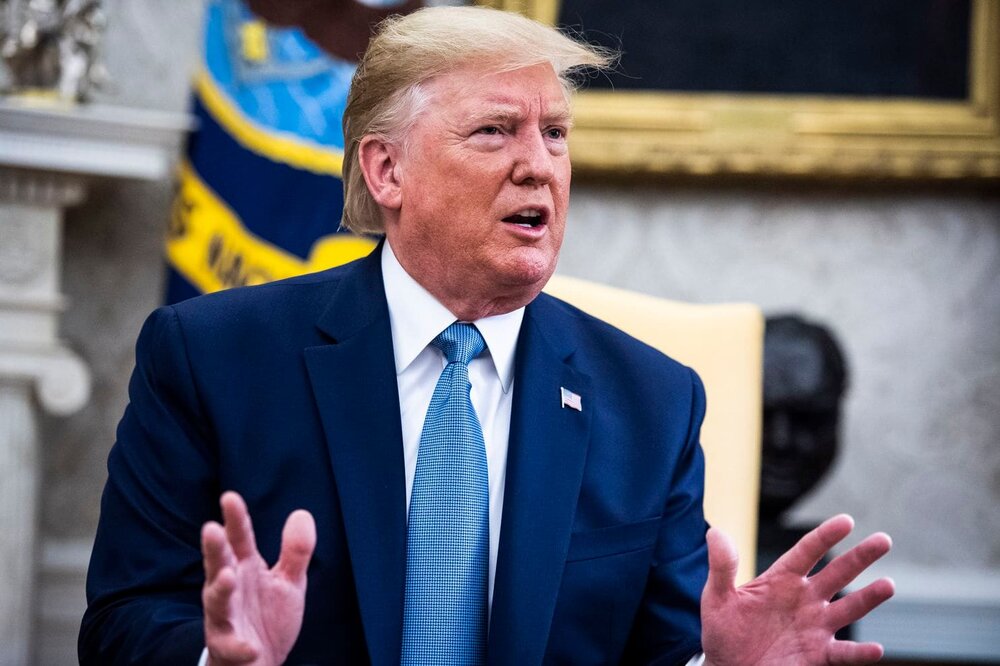Trump’s spat with Denmark could cost him against Iran: Foreign Policy

During Jim Townsend’s decades of work on European policy in the Pentagon and at NATO, he never saw the Danes say no to a fight. From the first Persian Gulf War to counter-Islamic State operations, Denmark was always one of the first allies to raise its hand when the United States asked for military support.
“There was never, ‘Oh, we have to think about it.’ It was always, ‘What do you need?’” Townsend said, the Foreign Policy said in a report on August 23.
But U.S. President Donald Trump’s war of words with Danish Prime Minister Mette Frederiksen over his surprise proposal to buy Greenland—and his abrupt cancellation of a visit to the country—may have complicated Denmark’s calculations in joining the United States’ latest international security campaign: a maritime patrol effort at the Strait of Hormuz right under Iran’s nose.
The proposal, initially dubbed Operation Sentinel, is gaining traction lately after a rocky start. European allies in particular have been hesitant to sign on so as not to jeopardize efforts to salvage the 2015 Iran nuclear deal, which Trump withdrew from last year. Many don’t want to be seen as participating in Trump’s maximum pressure campaign against Tehran, experts say.
Before this week, experts say, Denmark would have been a natural addition. The Danes hold a significant interest in commercial shipping, and are historically pro-American. But Frederiksen’s tart dismissal this week of Trump’s interest in buying the world’s largest island as an “absurd discussion” and Trump’s subsequent cancellation of his visit may upend plans to recruit the Scandinavian nation to the coalition, experts say.
“If we hadn’t had the whole Greenland diplomatic spat, the Danes were on my shortlist to come in even before the French or the Spanish,” said Rockford Weitz, the director of the Maritime Studies Program at Tufts University’s Fletcher School. “It’s a shame that it does complicate the effort to bring them into the fold when they are predisposed to participate in something like this.”
Trump reportedly spoke with Frederiksen by phone on Thursday, likely the first time the two had spoken since the Danish leader took office in June. The talks were “constructive,” according to Danish media, but the Danish government does not plan to release details of the call.
Denmark has been involved in nearly every one of the U.S. military’s major campaigns in the last 30 years, including the NATO operation over Libya and the wars in Iraq and Afghanistan. Denmark quickly sent ships south during the first Persian Gulf War even though its vessels, built for Arctic conditions, did not have air conditioning, Townsend said.
Danish refusal to join the coalition would mark the latest in a series of defeats for the coalition. The reluctance of U.S. allies to get on board is a marked departure from recent history, said retired Vice Adm. John Miller, who commanded the U.S. Navy’s Fifth Fleet.
